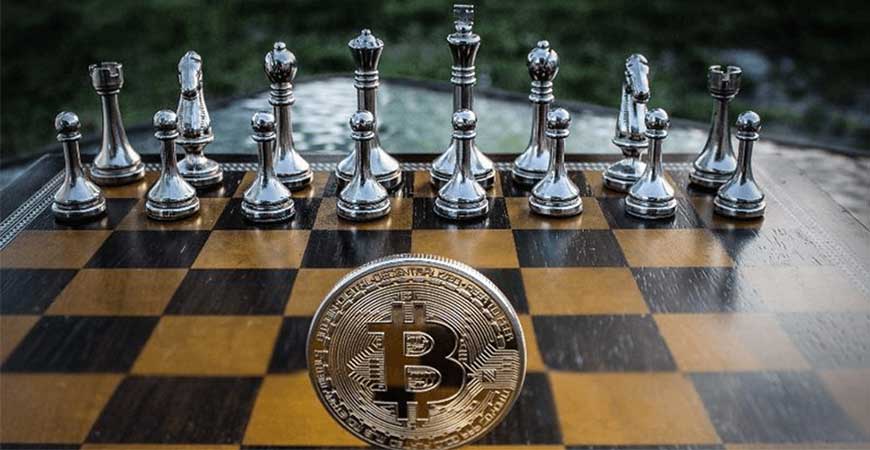A Decentralized Autonomous Organization allows your startup to work directly with investors globally, while maintaining transparency and a protocol.
Imagine that you and your partners come up with an excellent business idea. After drafting a thorough plan, all you need is the money to execute it. For that, you can set up a decentralized autonomous organization, or DAO. To join the organization, people buy tokens, gaining part ownership of your company while investing in it. There’s no single leader or person who decides who will be part of the DAO; it’s the decision of the majority. Everyone is in charge; everyone profits, and everyone promotes the organization. That’s what a DAO is about.
Here’s a look at how DAOs work, how they make money and how your startup can make the most of it.
But first, what is a DAO?
According to investor Cooper Turley, “a DAO is an internet community with a shared bank account.” “Decentralized” points to the fact that there’s no controlling authority, such as the bank or the government—there is no leader. “Autonomous” means the freedom to govern oneself, and “organization” means a group of people with a particular purpose.
A DAO is set up on a blockchain, like a cryptocurrency. It only exists on the Internet and has no physical entity. The DAO automates blockchain decisions and allows investors to send money from anywhere. Plus, as it uses blockchain technology, it guarantees complete transparency. Every member knows exactly where the money is going, thus avoiding having any brushes with a CFO (Chief Financial Officer) or someone in such a position.
A DAO could be of various types—a charity, a venture fund or a startup! Some well-known DAOs include Pleasr DAO that collects NFTs; HerStory DAO that funds projects by African-American women, and Friends With Benefits DAO that hosts social events. Recently, Squads, a startup that creates DAOs on the Solana blockchain, raised US$1.5 million in a seed round. Indeed, there is no denying the growing popularity of DAOs today.
So, how does a DAO work?
DAOs operate through smart contracts, which are agreements, in the form of a self-executing code, between group members. People buy a token to become a member of the DAO. The tokens give them voting rights and other decision-making abilities. For instance, in the case of Friends with Benefits DAO—whose token is $FWB—people who have 75 or more tokens have more deciding power and get to access exclusive events. They once attended an event hosted by Diplo, the world-renowned DJ.
For a startup, starting a DAO could help reach a larger number of investors, gaining a significant amount of funding. Since you can access investors around the world with no legal barriers, it is a lucrative option. For your business’s security, you could design your smart contract to include specific clauses for members.
However, bear in mind that starting a DAO would mean giving up considerable control over your company. In a DAO, no one is in-charge; you make decisions as a group. So only go ahead if you are comfortable with that.
How does a DAO make money?
Typically, a DAO makes money through dividends from investments made by the organization. People who are starting a DAO can also earn money by convincing others to invest in them individually based on their business idea.
With the rise of NFTs and cryptocurrencies, DAOs are making a triumphant comeback after their massive fall in 2016 when The DAO, or Genesis DAO, got hacked, subsequently discouraging other DAOs from entering the market. Billionaire Mark Cuban has called DAOs “the ultimate combination of capitalism and progressivism.” According to him, entrepreneurs can make a lot of money with DAOs if their community “excels at governance”, if they can make a collective decision. Turley echoes this sentiment. He feels that DAOs will shape the way companies in the future invest and gain funds. He says, “In five years, companies won’t have equity anymore. They’ll have tokens, and they’ll be represented as DAOs.”
Header Image by Flickr







